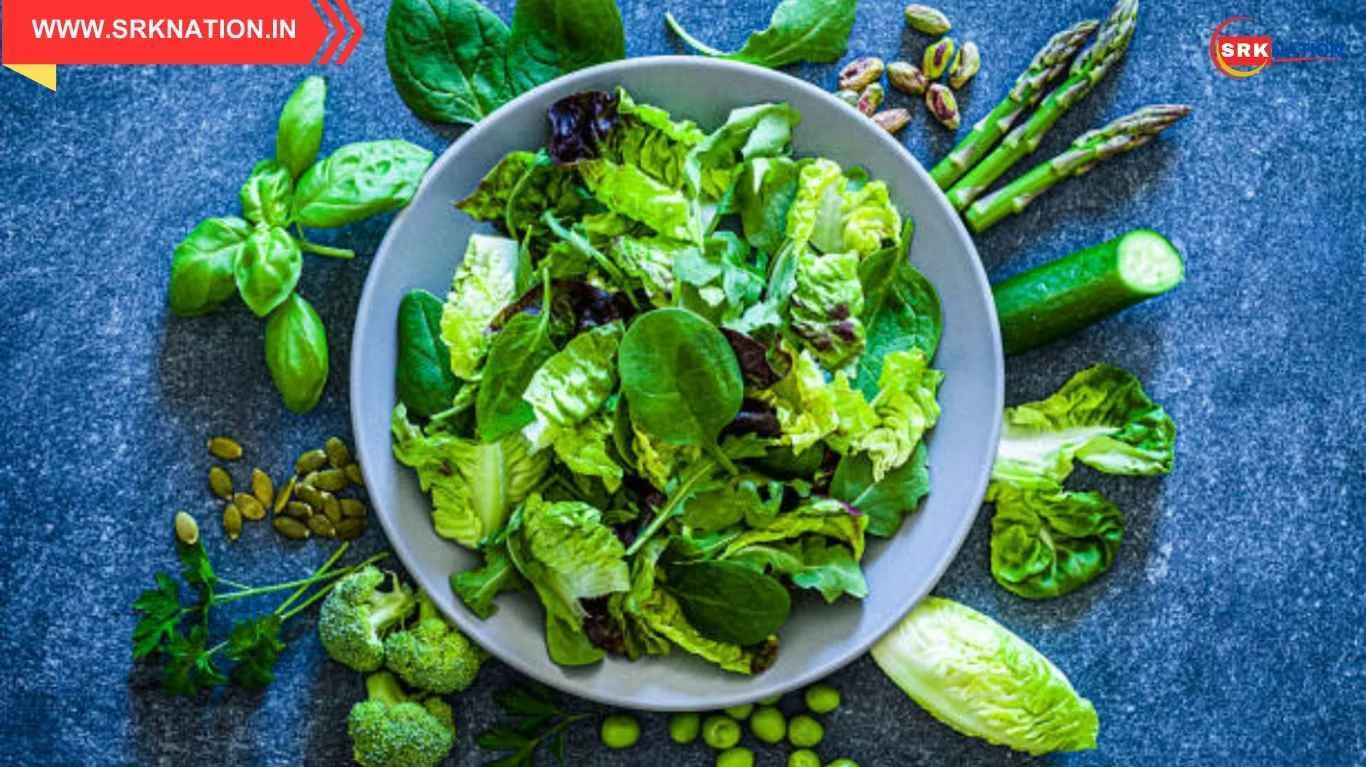Fermented foods are often hailed as gut-friendly superfoods, but consuming them incorrectly can do more harm than good. In a recent joint webinar hosted by Harvard Medical School and AIIMS Delhi, leading gastroenterologist Dr. Raghav Menon highlighted seven common mistakes people make with fermented foods—and how to fix them to truly support digestive health.
Dr. Menon, who has trained at both institutions and specializes in microbiome science, emphasized that while fermented foods like yogurt, kimchi, kefir, idli, and kombucha are rich in probiotics, their benefits depend heavily on how they’re prepared, consumed, and stored. “Fermentation is a science. Missteps in this process can lead to bloating, inflammation, and even microbial imbalance,” he said.
7 fermented food mistakes harming your gut
| Mistake | Impact on Gut Health | Expert Fix |
|---|---|---|
| Overconsumption | Leads to gas, bloating, acid reflux | Limit to 1–2 servings per day |
| Poor hygiene during preparation | Introduces harmful bacteria | Use sterilized containers, clean hands |
| Excess salt or sugar | Disrupts gut flora, raises inflammation | Opt for low-sodium, low-sugar recipes |
| Inconsistent fermentation time | Reduces probiotic potency | Follow standard fermentation durations |
| Consuming expired products | Risk of food poisoning, gut distress | Check dates, refrigerate properly |
| Ignoring food sensitivities | Triggers IBS, lactose intolerance | Choose dairy-free or gluten-free options |
| Combining with processed foods | Cancels probiotic benefits | Pair with whole foods, fresh produce |
Dr. Menon explained that fermented foods work by introducing beneficial bacteria into the gut, which help regulate digestion, immunity, and even mood. However, when consumed improperly, they can lead to dysbiosis—a condition where harmful microbes outnumber the good ones.
One of the most common errors is overconsumption. “People think more is better. But too much fermentation can overwhelm the gut, especially if your microbiome is already compromised,” he said. He recommends starting with small portions and gradually increasing intake based on tolerance.
Another overlooked issue is hygiene. Homemade fermented foods like pickles, curd, and dosa batter are often prepared in non-sterile environments. “Contaminated fermentation can introduce pathogens like E. coli or mold spores. Always use clean jars, filtered water, and avoid touching the food with bare hands,” Dr. Menon advised.
Salt and sugar levels also matter. While they help preserve fermented foods, excessive amounts can negate their health benefits. “High sodium can raise blood pressure and damage gut lining. Similarly, sugary kombucha or flavored yogurt can spike insulin and feed bad bacteria,” he warned.
Fermentation time is another critical factor. Under-fermented foods may lack sufficient probiotics, while over-fermented ones can taste sour and become acidic. “Stick to recommended durations—24 hours for curd, 3–5 days for kimchi, 7–10 days for kombucha,” he said.
Expired or improperly stored fermented foods pose serious risks. “Once the fermentation process is complete, refrigeration is key. Leaving them out can lead to spoilage and toxin buildup,” Dr. Menon cautioned.
He also stressed the importance of understanding food sensitivities. “Lactose-intolerant individuals should avoid dairy-based probiotics. Gluten-sensitive people must steer clear of wheat-based fermentation like sourdough,” he said. Alternatives like coconut yogurt, rice-based idli, and water kefir are safer options.
Lastly, pairing fermented foods with processed meals—like burgers, fried snacks, or sugary drinks—can reduce their efficacy. “Processed foods contain preservatives and emulsifiers that disrupt gut flora. Always combine fermented items with fresh vegetables, whole grains, or lean proteins,” Dr. Menon recommended.
How to optimize fermented food intake for gut health
| Strategy | Description | Gut Benefit |
|---|---|---|
| Rotate fermented foods weekly | Include variety like curd, kimchi, kefir | Diverse microbial exposure |
| Consume on empty stomach | Enhances probiotic absorption | Better colonization of good bacteria |
| Pair with prebiotics | Add fiber-rich foods like banana, oats | Feeds probiotics, boosts synergy |
| Choose live cultures | Look for “live & active” labels | Ensures probiotic potency |
| Avoid pasteurized versions | Pasteurization kills beneficial microbes | Opt for raw, unprocessed options |
Dr. Menon concluded by saying that fermented foods are powerful tools—but only when used wisely. “Your gut is a delicate ecosystem. Treat it with respect, and it will reward you with energy, immunity, and mental clarity,” he said.
The webinar also featured case studies from AIIMS showing how patients with IBS, bloating, and chronic fatigue improved significantly after correcting their fermented food habits. “It’s not just about what you eat—it’s how you eat it,” Dr. Menon emphasized.
As gut health continues to gain traction in mainstream wellness, experts urge consumers to be informed and intentional. Fermented foods can be healing, but only when consumed with care, consistency, and consciousness.
Disclaimer: This article is based on expert commentary, medical webinars, and publicly available health data. It is intended for informational and editorial purposes only and does not constitute medical advice. Please consult a qualified healthcare provider before making dietary changes.











